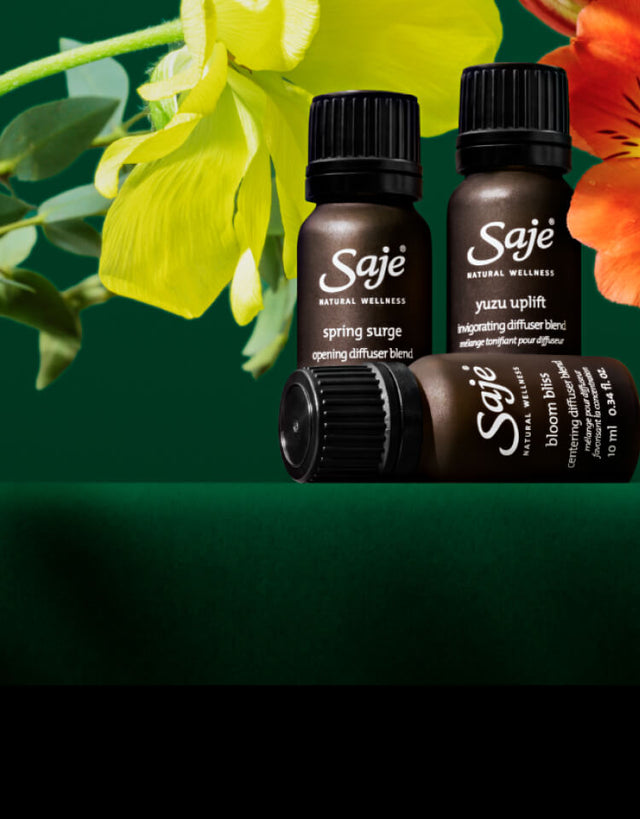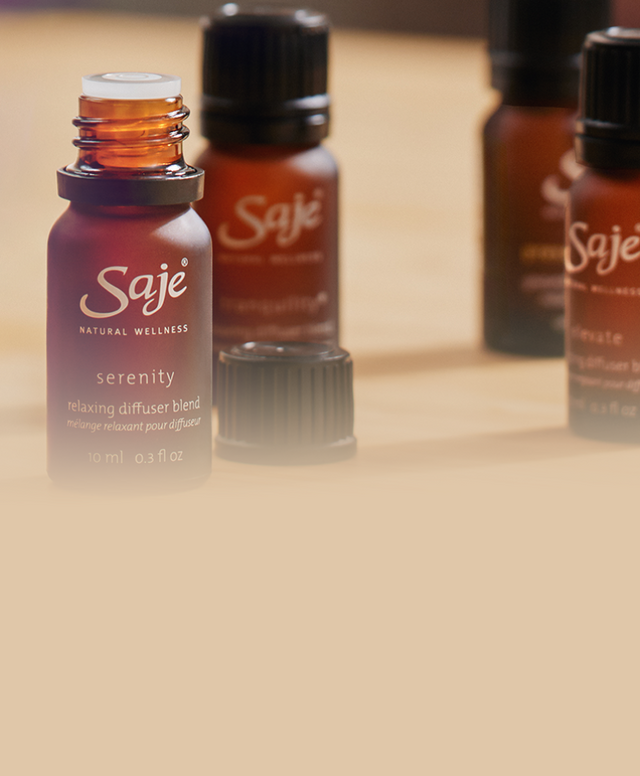
Stress Release Roll-On
★★★★★ 5 (137 Reviews)
“Work-life balance? I’m working on it.” — Fiona, Community Member & Entrepreneur

Just Dropped
Three limited-edition diffuser blends that bring the outside, in.

Can 100% natural, plant-based products change your life? According to our community, it’s a hard yes.


When you buy 3 or more of our 100% natural essential oil diffuser blends.
We hold ourselves to the highest standard of natural excellence - when we say 100% natural, we actually mean it.
We never test our products on animals because we believe in wellness for all, including our furry friends.
Formulations that do not take care of your wellness needs can be refunded with the original receipt.
Diffusers include lifetime efficacy guarantees—we happily repair or exchange non-functional units.
Please allow 1-2 business days to process and pack your order. Processing and delivery times do not include Saturdays, Sundays and holidays.
| Shipping Methods | Costs | Shipping Time |
| Standard Shipping (Orders $60 and over) | FREE | 2 - 5 Business days Rural & remote areas may take an additional 3 days. |
|
Standard Shipping (Orders under $60) |
$6.99 | 2 - 5 Business days Rural & remote areas may take an additional 3 days. |
| Express Shipping | $30 | 2 - 3 Business days P.O. Boxes, Rural & remote areas are excluded. |
| International | $35 | 7-10 Business days P.O. Boxes excluded. |
Online purchases: We can offer a refund onto your original method of payment or store credit via an e-gift card. Simply contact our Customer Experience team by phone at 1-877-275-7253 or Email Us